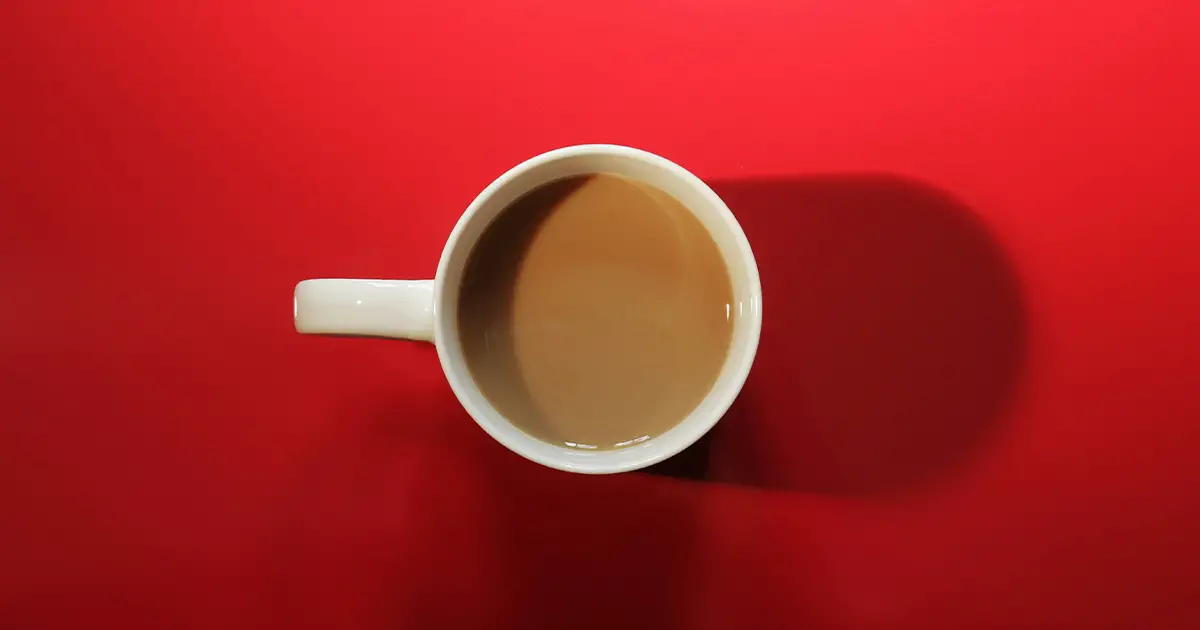Welcome back to our health-focused blog! Today, we’re delving into a common question among those taking levothyroxine: Can you drink coffee after taking levothyroxine? But that’s not all – we’ll also address related concerns and provide insights to help you navigate your thyroid health more effectively.
How does levothyroxine work?
Levothyroxine, a synthetic form of thyroxine, operates by compensating for insufficient thyroid hormone production. In individuals with hypothyroidism, where the thyroid gland fails to generate adequate levels of thyroxine (T4), levothyroxine serves as a replacement. Administered orally, it integrates into the bloodstream, replenishing the deficit in natural thyroid hormone.
Within the body, levothyroxine undergoes conversion into triiodothyronine (T3), the biologically active form of thyroid hormone. This transformation ensures the hormone’s efficacy in regulating metabolism and sustaining various physiological functions. By facilitating this conversion, levothyroxine aids in restoring the body’s metabolic balance and energy production.
Furthermore, levothyroxine administration interacts with the body’s feedback mechanism for thyroid hormone regulation. When thyroid hormone levels drop, the pituitary gland releases thyroid-stimulating hormone (TSH), which prompts the thyroid gland to boost hormone production. Levothyroxine therapy aims to maintain thyroid hormone levels within the normal range, effectively suppressing excessive TSH production and ensuring a balanced hormonal milieu.
Can you drink coffee after taking levothyroxine?

Image source: unsplash.com
Now, let’s tackle the big question: can you enjoy your morning cup of coffee after taking levothyroxine? The short answer is yes, you can, but with some precautions. Coffee contains compounds that may interfere with the absorption of levothyroxine, potentially reducing its effectiveness. However, this interaction can be minimized by following a few simple guidelines:
- To avoid any potential interference, it’s best to wait at least 30 minutes to an hour after taking your levothyroxine before enjoying your coffee. This allows the medication ample time to be absorbed into your system before introducing coffee or other beverages.
- Once you find a routine that works for you, try to stick to it consistently. Consistency helps maintain stable thyroid hormone levels in your body, optimizing the effectiveness of your medication.
- Keep an eye on how you feel after taking your medication and drinking coffee. If you notice any changes in symptoms or energy levels, consult your healthcare provider. They can offer personalized advice based on your specific situation.



